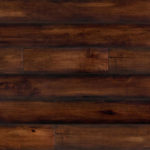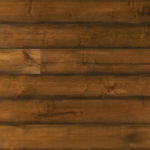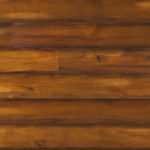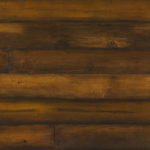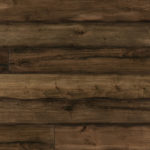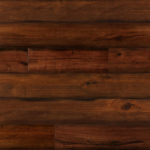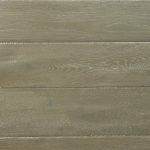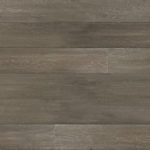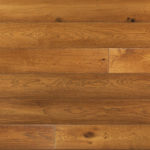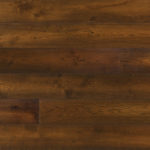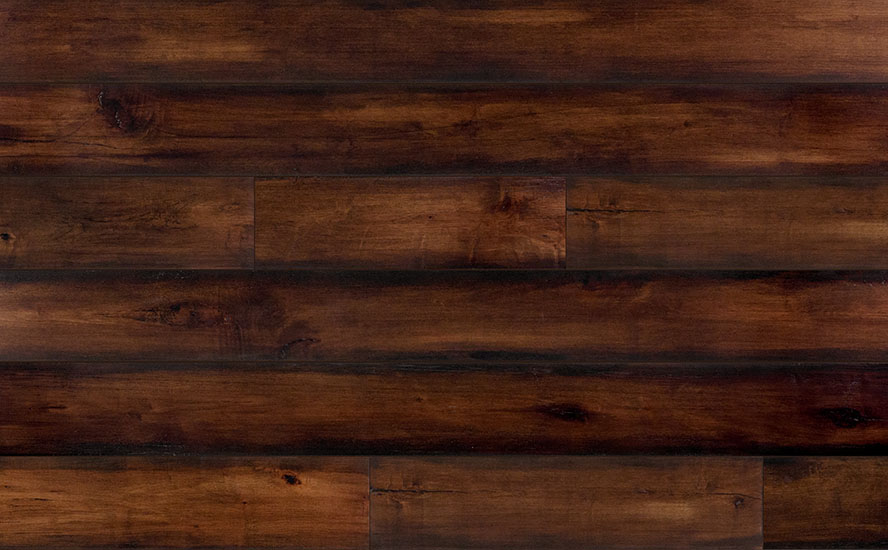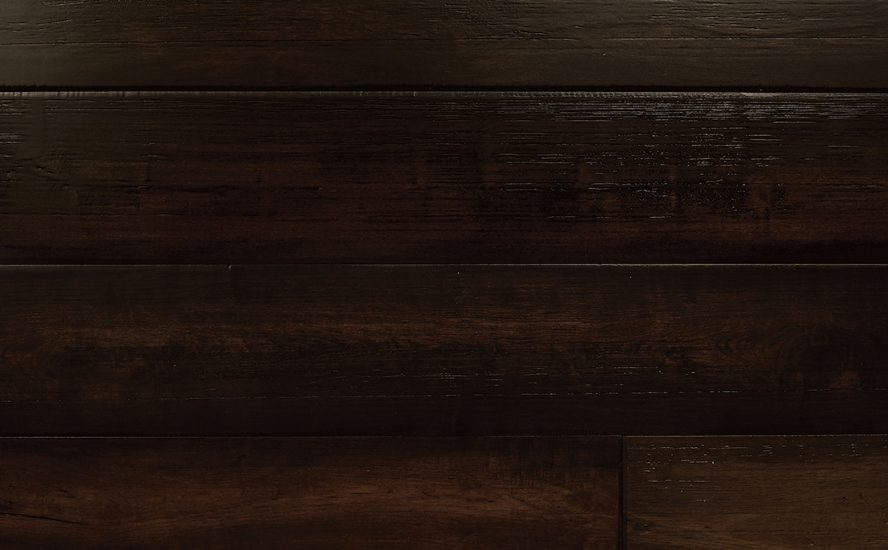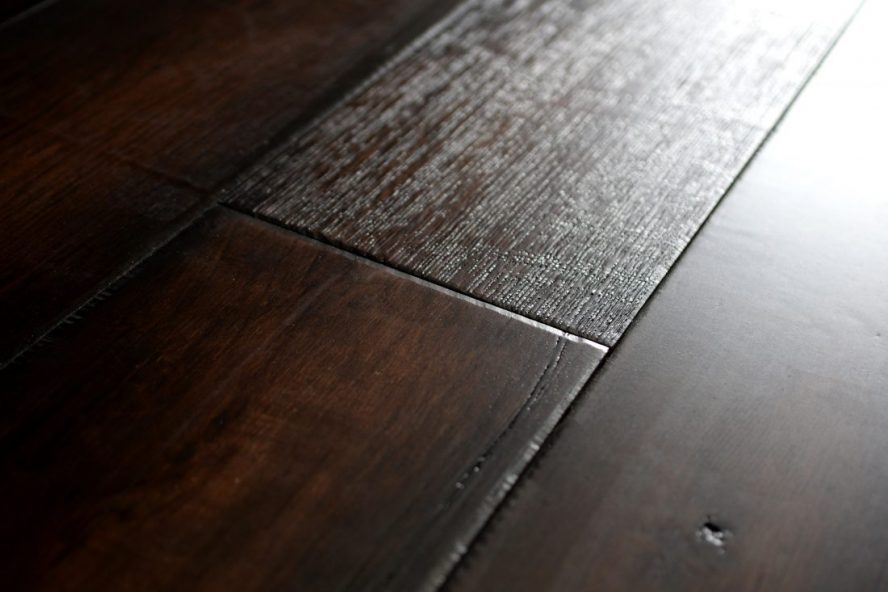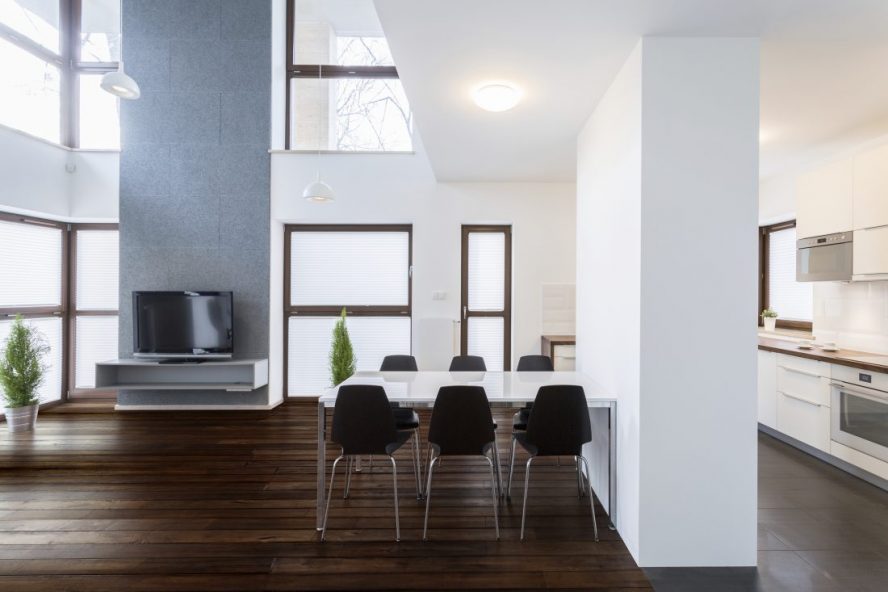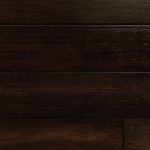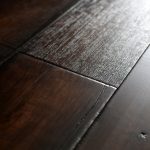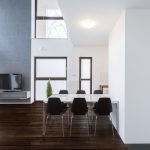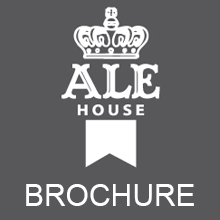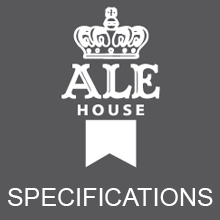PRODUCT DETAILS
Construction: Engineered
Species: Maple
Texture: Wire-Brushed
Color Tone: Dark
Style: Vintage
Floor Width: 7-1/2"
Thickness: 1/2"
Length: Most in 7/LF
Veneer: 2.0mm
Finish: 11 Step, Aluminum Oxide
Gloss: Semi
Edge Style: Full Bevel
Color Variation: High
Warranty: 35 Year Limited Residential
Installation Type: Staple, Cleat, Glue, Float
Areas: On, Above, Below













The Alehouse Series features eight rich colors — four of them matching the award winning Public House waterproof SPC series. Now, you have the potential to install similar colored and styled flooring without worrying about common “splash zone” sections like the kitchen, laundry room, and bathroom!
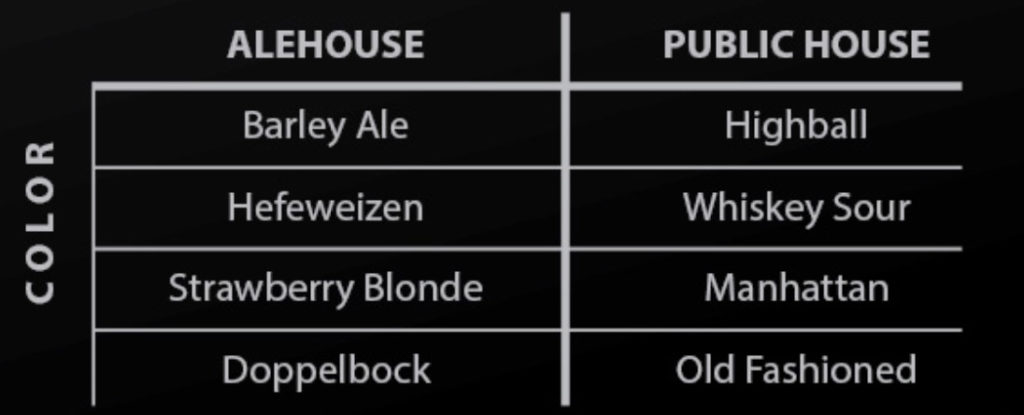
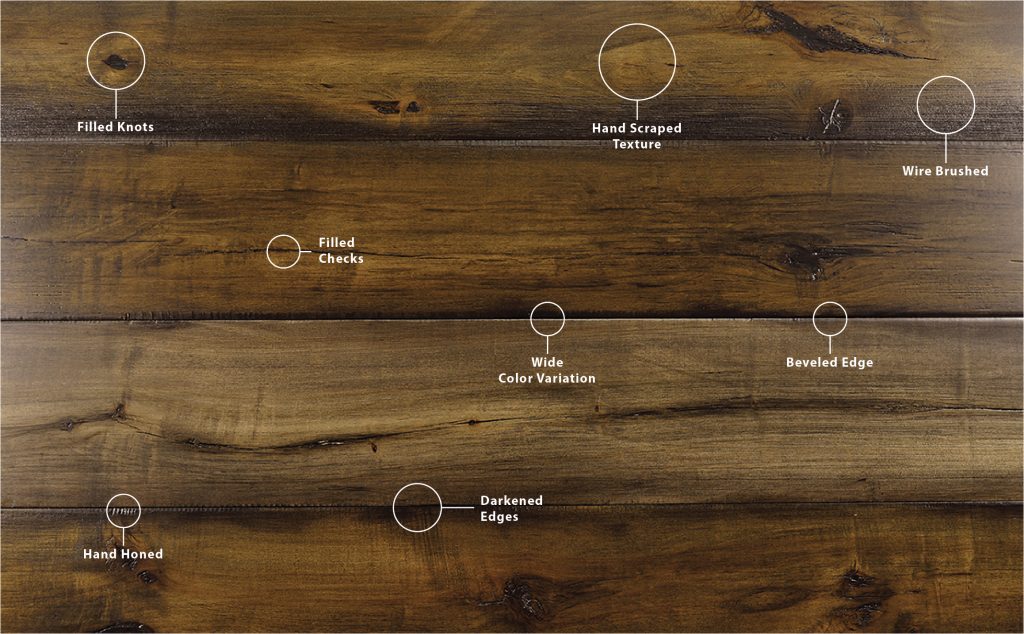

Board Variation & Color Change
Wood is a natural product and will vary in color and grain appearance from board to board. This is a natural aspect of wood. Texture, including grain, knots, natural imperfections and character will vary significantly from board to board. Exposure to UV rays from sunlight, fluorescent, LED and incandescent bulbs can change and add patina to each board. Window coverings, UV resistant tint, and solar screens can minimize but not eliminate this natural occurrence. Certain species are more susceptible to light and development of varying degrees and shades of patina, due to their high content of natural oils & tannin.
Higher tannin amounts in some species of wood along with fuming, also deepens the natural colors and highlights the contrast of the wood planks without using stain to cover them. The process creates a naturally richer, darker, clearer floor with a higher contrast of colors from board to board. This is a natural accelerated aging process used to enhance the dark to light shades within every wood plank, batch & region. The deepening in color and variation is created by adding a natural oxidizing agent in a controlled environment to react with the naturally present tannin in the wood – Time, Temperature & Tannin (naturally present in the wood) mix to create one-of-a-kind planks. While a very controlled environment and process is not 100% precise, every region, grove and tree produce individually unique high contrast color palette.
Color variation also depends on the region the wood was sourced from, the time of year the planks were harvested and ultimately how the batches of each region are mixed to form a particular series.
* Product images are provided for reference only and should not be used as the sole basis for choosing a particular style of flooring. They may not be representative of the full range of color, texture and grain variations which can occur in the product itself. Wood is a natural material, every piece of plank will have a unique appearance, often with naturally occurring variations in color, texture and grain pattern. Prior to any installation, a range of planks should be approved by the customer. No claims for shade or texture variation will be honored after installation. Also note that shades of color are seen differently on computer screens and will even differ from screen to screen.
Reaction to Environmental Conditions
As a natural material, wood will contract and expand as it loses and gains moisture. Some gaping between the boards during low-humidity seasons is normal and not considered a defect. Maintaining proper humidity levels of 30 to 55% will minimize this. Allowing relative humidity levels to fall below 30% can result in structural damage to the floor such as large gaps, splits in the surface, distortion of the boards and even structural failure. Humidity levels above 55% can result in surface warping and structural failure of the boards.


